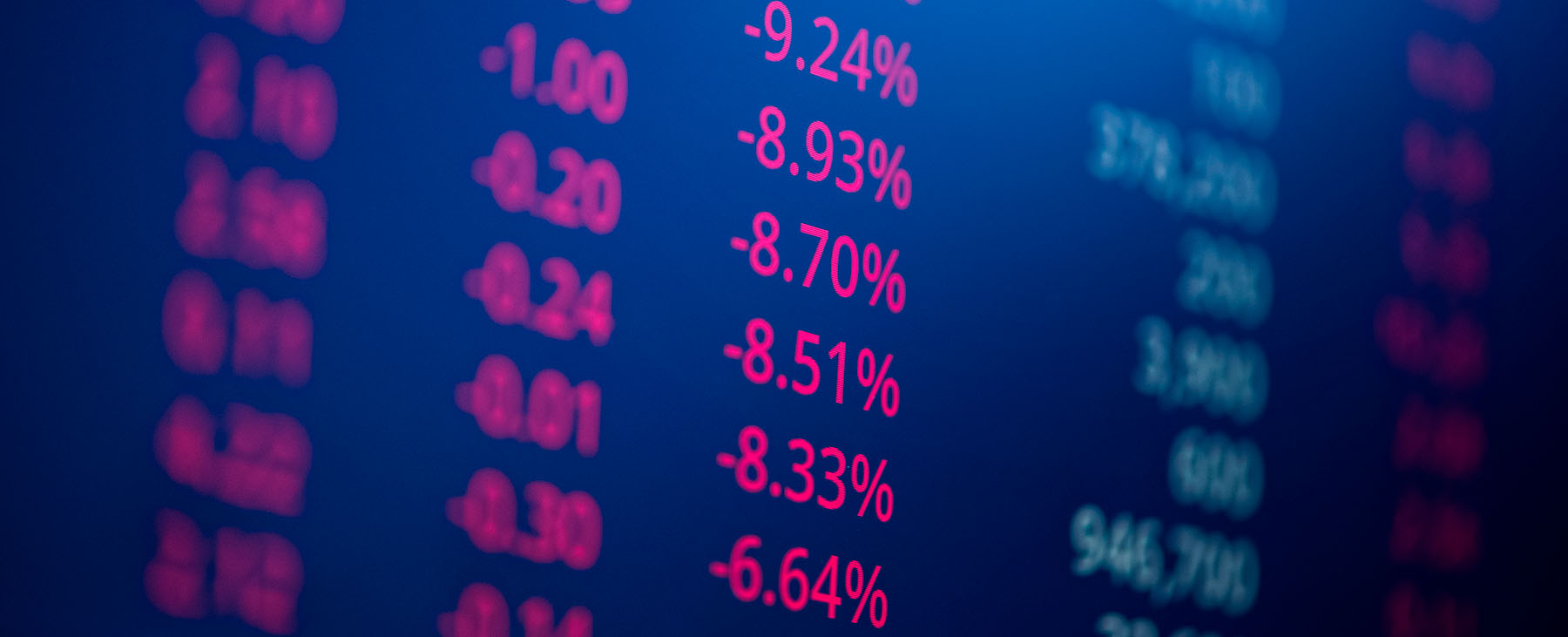

The hurricane of calamities
The energy crisis, runaway inflation, record public debt and the International Monetary Fund’s warning that the outlook for the global economy is worsening in the face of an impending recession, have sent the global economic climate index plummeting to its lowest level in 20 years.
There is no merit in announcing that the world economy is in a crisis, when it is nothing new for a population suffering from the growing economic turbulence that has been accompanying us for three years. A bleak outlook that may leave our current account, but also our emotional well-being, in the red.
The question on everyone’s mind is: when will we get out of the crisis? But at the moment, none of the economic research bodies or managers of financial institutions seem to know. The analysts and politicians who were forecasting sluggish and one-off inflation that would last a few months, but which has shot up and seems endless, are either backtracking or continuing to move the dates of recovery to match those of the most pessimistic forecasts that were considered implausible only a year ago.
In the face of unchecked price increases that continue to reduce the purchasing power of the population, controlling inflation should be the first priority of policymakers. The tightening of monetary policy will inevitably come with real economic and social costs, but delaying it will only exacerbate them, as it has done in the past.
On the brink of the abyss
Not only do the major European economies have to cope with higher than expected inflation, but they also face a possible total disruption of Russian gas imports, either because of Washington’s pressure on Europe or because of Russian retaliation to economic sanctions, which would result in measures to reduce price rises proving wholly insufficient.
On the other hand, the United States has recorded negative growth for two consecutive quarters and is technically in recession, despite a strong labour market and inflation that has come down slightly thanks to lower petrol prices. Still, anaemic growth at the start of the year, coupled with declining household purchasing power and tightening monetary policy, continue to drive downward revisions to the future of the US economy.
Growth forecasts for the Asian bloc, especially India and China, are more optimistic. Even so, the crisis in the Chinese real estate sector, together with the zero covid policy that paralyses consumption and perpetuates the slowdown in production and logistics chains, threaten the Asian giant’s growth.
This economic context suggests that the world may soon be on the brink of a global recession, which would increase the risk of geo-economic fragmentation to the detriment of the poorest countries, which cannot afford to provide specific financial support to help cushion the impact of the crisis on their populations.
If you want to discover the best option to protect your savings, enter Preciosos 11Onze. We will help you buy at the best price the safe-haven asset par excellence: physical gold.
Leave a Reply
You must be logged in to post a comment.





gràcies
Gràcies a tu, Joan!!!
Ho anirem veient poc a poc
Això segur, i esperem que no sigui de cop!
El desenllaç de tot plegat no és gens esperançador.
No gens, Manel. Vaques magres.
Cada vegada més males notícies!! Això no té aturador
Ja ho pots ben dir, Laura. Ho haurem de barrejar amb alguna bona notícia perquè si no això és molt depriment.